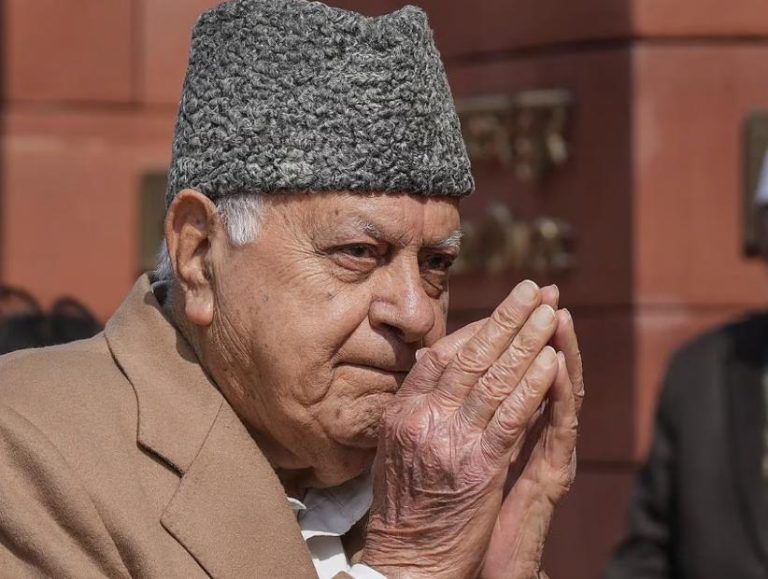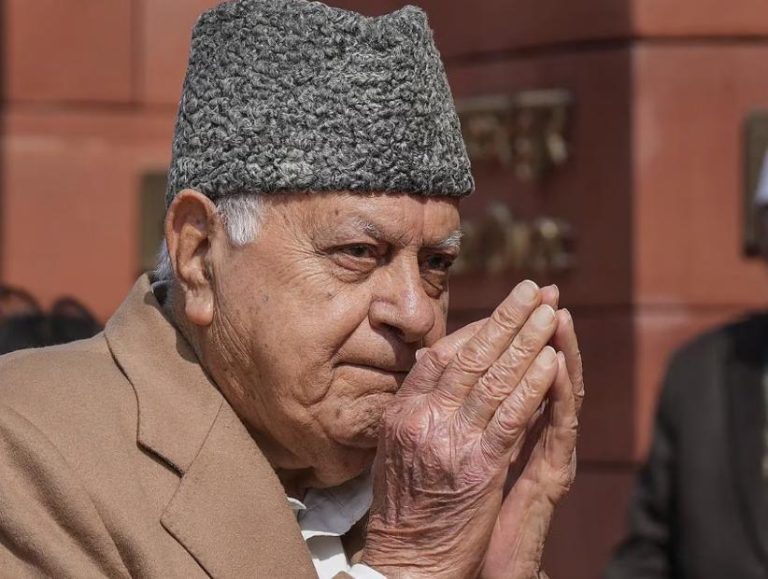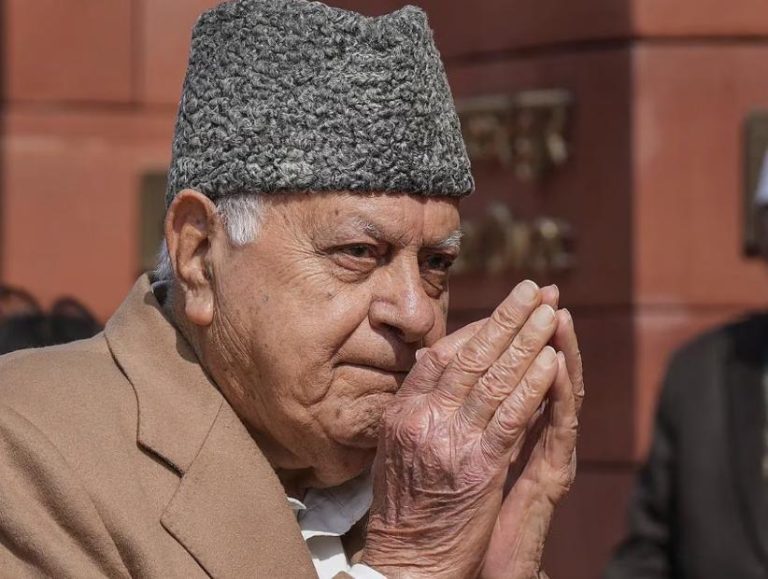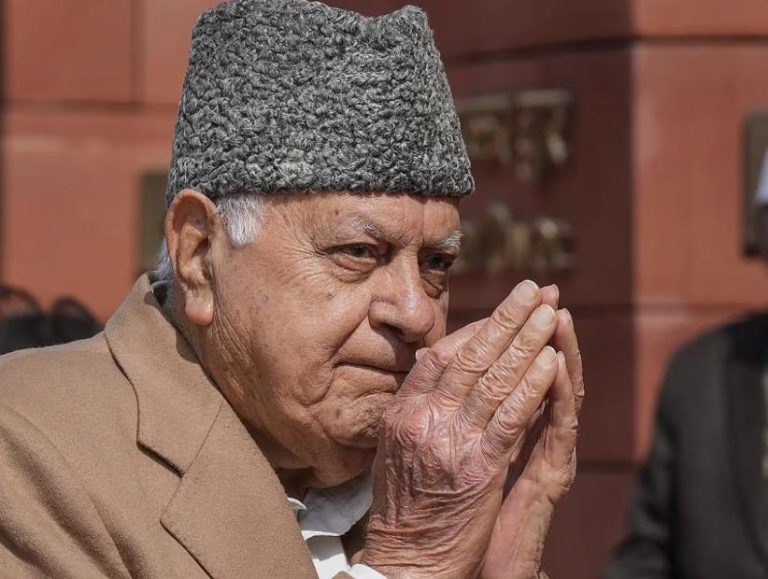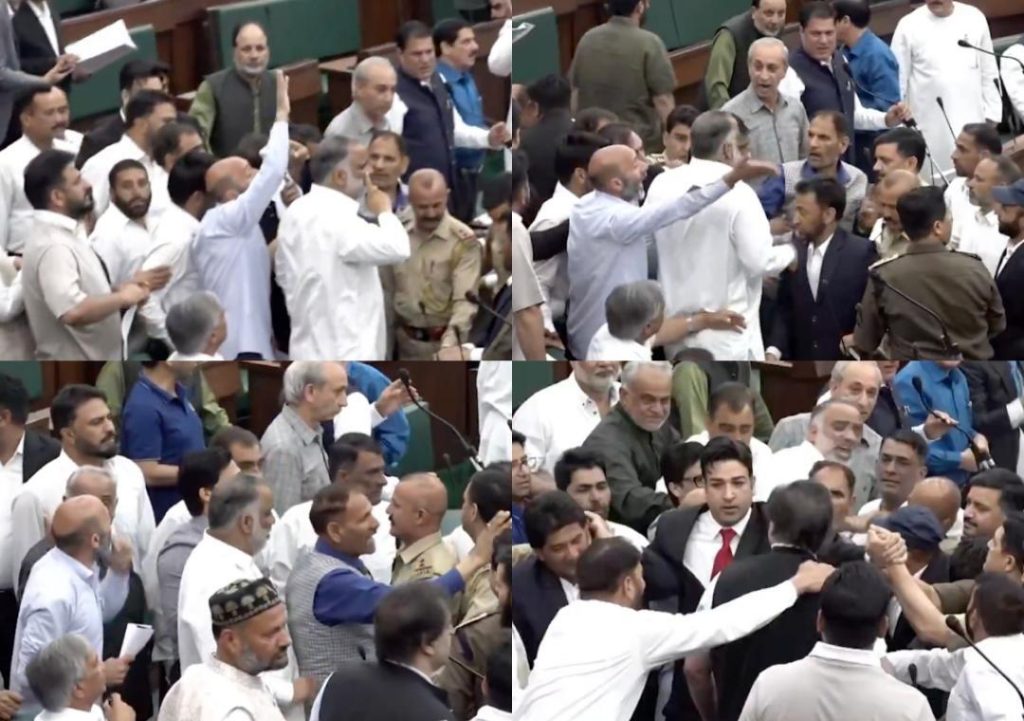
Ruckus inside J&K Assembly continues for second day over Waqf Act
The Jammu and Kashmir Assembly witnessed a tumultuous second day on Tuesday, with opposition parties demanding a discussion on the Waqf Act, which led to the adjournment of the House for 30 minutes. The ruckus began on Monday as well, when the Speaker of the Assembly, Abdul Rahim Rather, denied a motion moved by National Conference MLAs to adjourn Question Hour to discuss the Waqf Act.
On Tuesday, the opposition parties, including the National Conference, Congress, and the Peoples Democratic Party (PDP), raised the issue of the Waqf Act, which they claim is a threat to the autonomy of the Waqf Board. The Waqf Act aims to govern the management of Waqf properties, which are religious shrines and institutions managed by the Waqf Board.
The opposition parties alleged that the Act is a attempt by the government to take control of the Waqf properties and undermine the autonomy of the Waqf Board. They claimed that the Act would allow the government to appoint administrators to manage the Waqf properties, which would effectively give it control over the properties.
The National Conference MLA, Ali Mohammad Sagar, moved a resolution in the Assembly, demanding a discussion on the Waqf Act. However, the Speaker, Abdul Rahim Rather, refused to accept the resolution, leading to protests from the opposition parties.
The Congress MLA, Vikramaditya Singh, said that the Waqf Act is a “blot on the Constitution” and that it is an attempt by the government to “destroy the autonomy of the Waqf Board”. He claimed that the Act would lead to the takeover of Waqf properties by the government and that it would be a “death blow” to the autonomy of the Waqf Board.
The PDP MLA, Abdul Haq Khan, also joined the chorus, saying that the Waqf Act is a “grave threat” to the autonomy of the Waqf Board. He claimed that the Act is an attempt by the government to “take control of Waqf properties and undermine the autonomy of the Waqf Board”.
The government, however, defended the Waqf Act, saying that it is necessary to ensure the proper management of Waqf properties. The Minister of Revenue, Abdul Rehman Veeri, said that the Act is designed to prevent the misuse of Waqf properties and to ensure that they are used for the benefit of the community.
The government also claimed that the opposition parties were trying to create a controversy over the issue, and that the Waqf Act is a necessary step to ensure the proper management of Waqf properties.
The ruckus in the Assembly continued for several hours, with the opposition parties refusing to back down on their demand for a discussion on the Waqf Act. Finally, the Speaker adjourned the House for 30 minutes to calm down the situation.
The ruckus in the Assembly is a reflection of the deep-seated concerns among the opposition parties over the Waqf Act. The opposition parties have been vocal in their criticism of the Act, saying that it is an attempt by the government to undermine the autonomy of the Waqf Board.
The controversy over the Waqf Act has also raised questions over the government’s intentions and its commitment to the autonomy of the Waqf Board. The government has defended the Act, saying that it is necessary to ensure the proper management of Waqf properties. However, the opposition parties have refused to back down, saying that the Act is a threat to the autonomy of the Waqf Board.
As the controversy continues, it remains to be seen how the government will address the concerns of the opposition parties. Will the government be able to convince the opposition parties that the Waqf Act is necessary, or will the controversy continue to simmer?
